Evolution of the Workspace
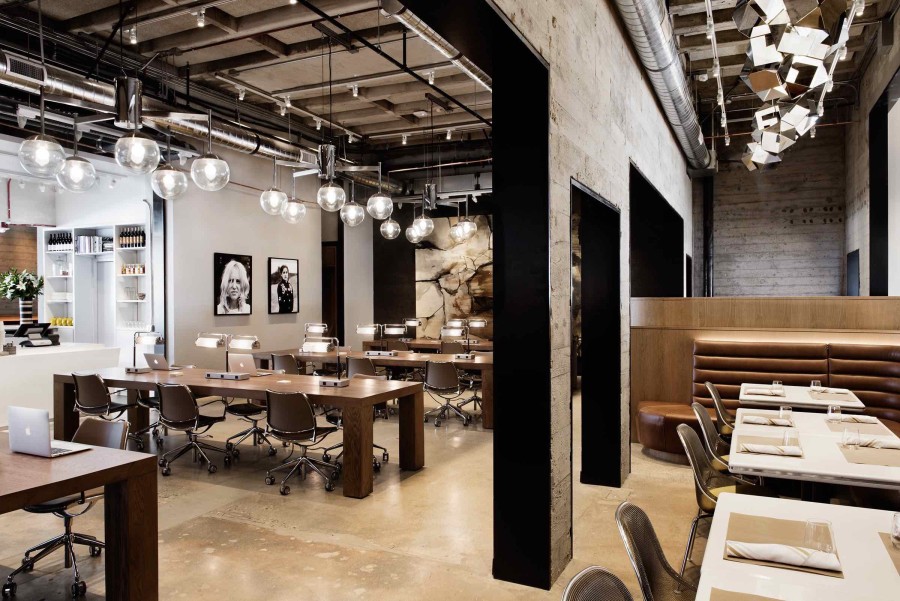
When you walk into NeueHouse, a private co-working space housed in a 50,000-square-foot building in Midtown Manhattan, it’s easy to feel like you’ve entered a clubhouse for the city’s aesthetes rather than a workspace designed to punch deadlines and strike deals.
But for co-founder James O’Reilly, the five-storey space, where members can browse art magazines on midcentury-modern sofas, hear Werner Herzog speak on a staircase designed by the architect David Rockwell and collaborate over gin at a downstairs bar, is the logical extension of a global shift.
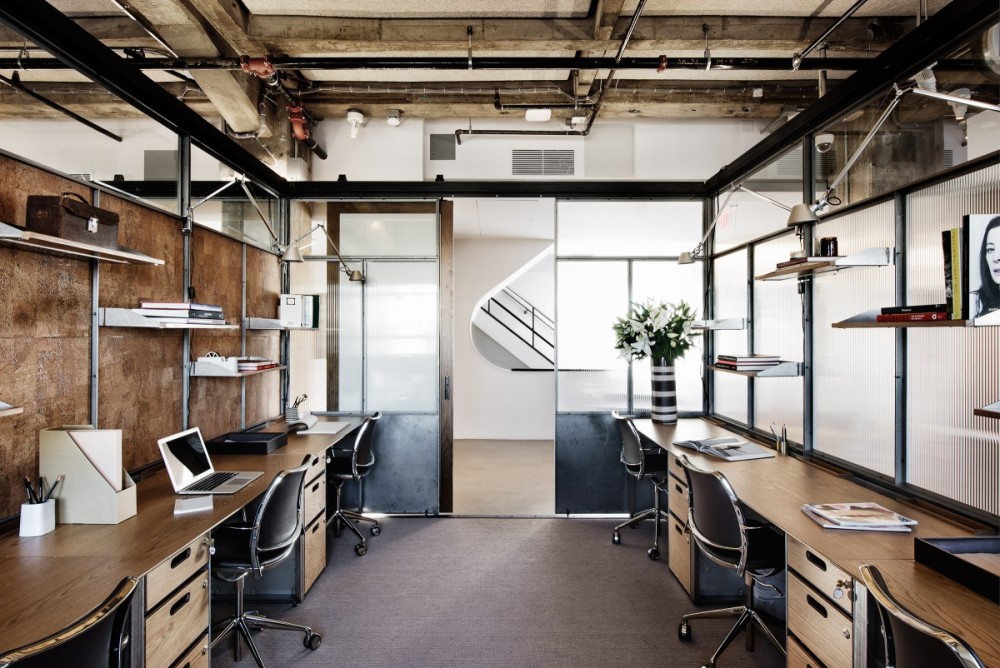

“At NeueHouse, we recognised that something profound was happening internationally that was changing the way we work, think about work and live,” explains O’Reilly, who launched NeueHouse (pronounced “noya-house”) with Joshua Abram and Allan Murray in September 2013. “There’s been this convergence of both historical trends and technology enabling lots of different modes of work. Reports are showing that nearly 40 percent of the US workforce are freelance or independent contractors. People are working this way as a choice. It’s a viable means of survival and success.”
Since the early noughties, the co-working model has been closely associated with Silicon Valley tech culture or as O’Reilly puts it, “guys in hoodies with a beer keg in the corner”, but NeueHouse is breaking new ground. For starters, the space – whose charter members include Dazed & Confused’s Jefferson Hack and Island Records’ founder Chris Blackwell – is fiercely interdisciplinary. Workers, which hail from industries as diverse as media, fashion, film and advertising, are vetted by an application process and choose from three tiers of membership.
"People are working this way as a choice. It’s a viable means of survival and success."
James O'Reilly
“Although there’s a market for co-working, NeueHouse offered an opportunity to do something more elevated which was about connecting with a very established group of creative professionals,” offers O’Reilly, who helped open NeueHouse in Hollywood in October 2015 and plans to open a London branch in the next few months. “We think about ourselves in terms of how the hotel market developed but you wouldn’t compare a Holiday Inn in the outskirts of the Bronx with a cool hotel downtown. The people who seek out NeueHouse would usually pursue a direct lease but the common trait they share is that they’re curious. We don’t have an application process to be elitist but to find the right industries. If you look at the salons of Paris or coffeehouses of London, the best things happen when you throw industries together. The magic is in the mix.”
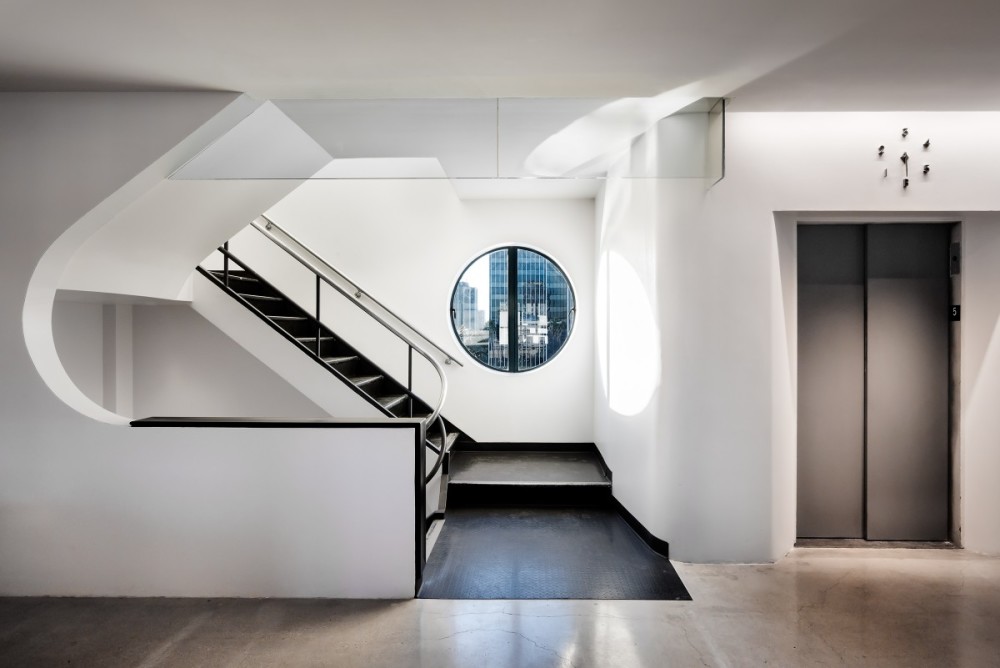
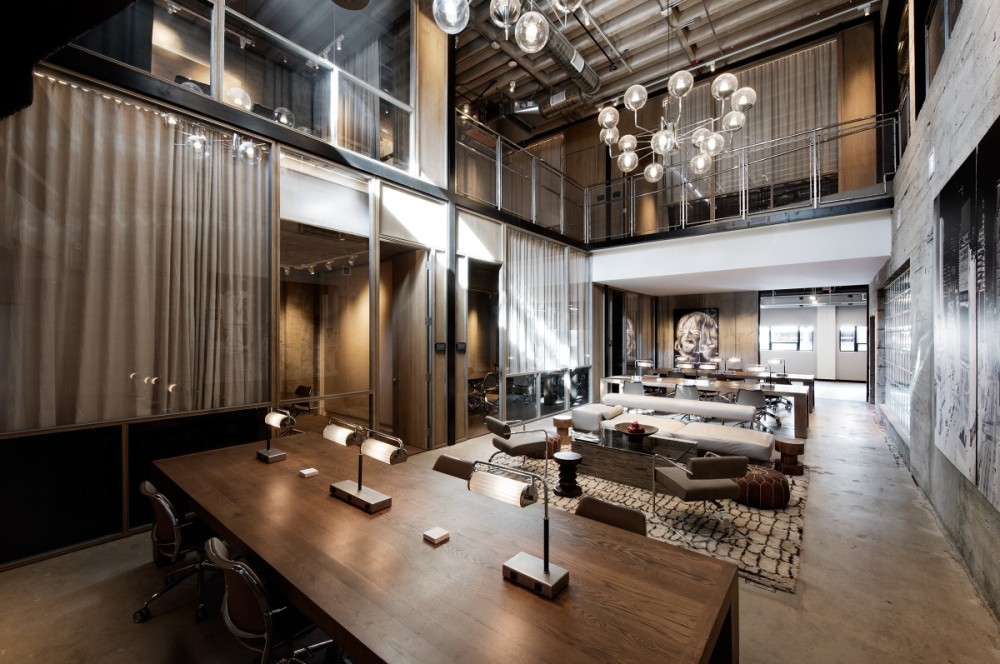
"We don’t have an application process to be elitist but to find the right industries. If you look at the salons of Paris or coffeehouses of London, the best things happen when you throw industries together. The magic is in the mix."
James O'Reilly
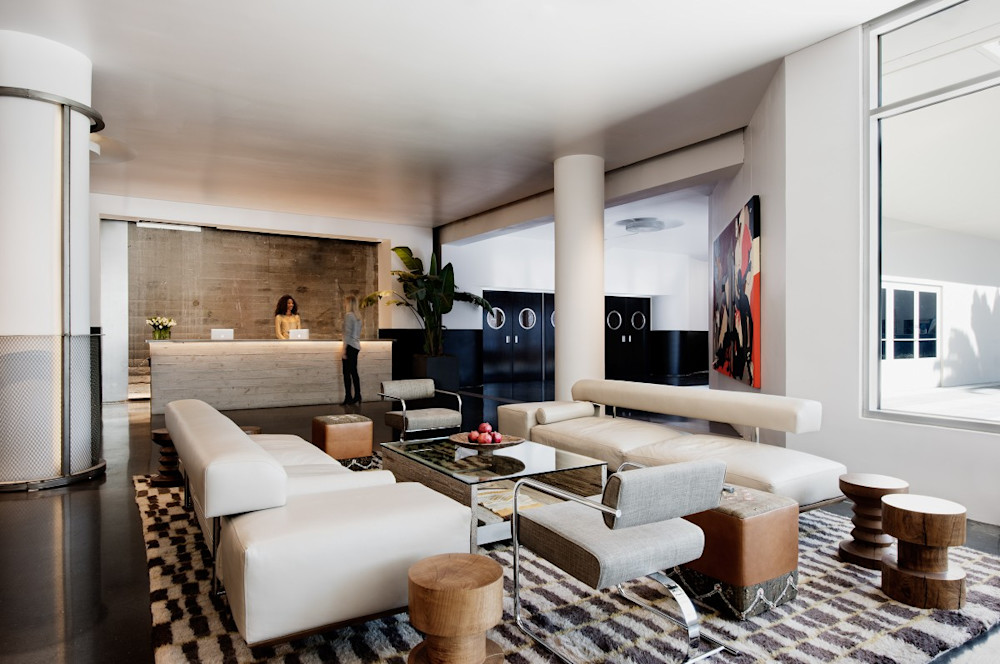
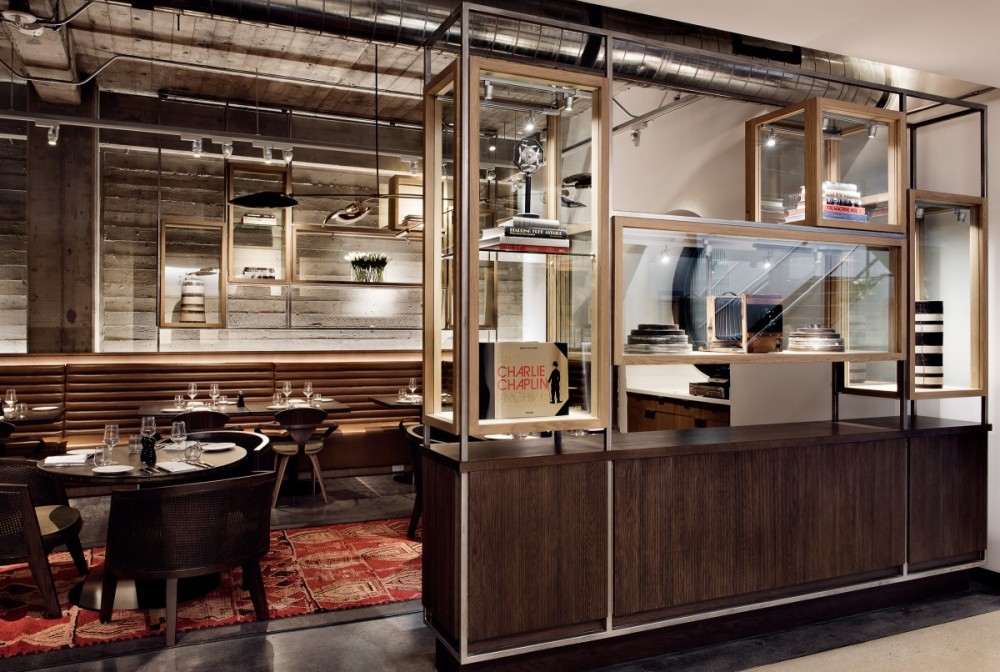
Leah Stuhltrager, CEO and co-founder of The Wye, also subscribes to this sentiment. The former gallerist, who co-founded the co-working space in a sprawling post office on Berlin’s Alexanderplatz with Inken Bornholdt and Verity Ortberg back in 2009, says that curating the The Wye’s occupants meant that the space could evolve the co-working model and make itself sustainable in the process.
“Most co-working spaces are based on landlord-tenant models but I wanted to change that to empower the people who were there,” says Stuhlrager, who has given up The Wye’s physical co-working space and instead draws on its network to offer marketing and consulting services and curate events like London festival Convergence in 2016. “If we got in mediocre talent, or people who were just starting, who weren’t valuable to clients we would have no way of making money. We nurtured everyone from the Berlin Film Society to FIER Management, Berlin’s leading fashion promoters. In Berlin, now, there is an influx of spaces and that’s really changed the dynamic. We stopped co-working because there’s a lot of corporate investment in incubator programs and innovation spaces, doing what we have done but with the financial backing. It made more sense to partner with those places and evolve.”
O’Reilly believes that work and life are becoming increasingly seamless and its only a matter of time before workplaces catch up. “At NeueHouse we try to integrate work and life,” he says. “We try to see the world of work a little differently.”
Photography by Emily Andrews